Facebook scandal reveals urgent need for greater data transparency, trust and ethics
One of the most damaging misconceptions about data is that it’s possible for either companies or individuals to own it.
Along with the wildfire of outrage we’ve seen in recent days, the Cambridge Analytica Facebook scandal has revealed a deep and disturbing shortfall in consumers’ understanding of data use. There is an urgent need for greater transparency and ethics in data use, and a new model for consumers to control and understand the value of their data.
One of the most pervasive and damaging misconceptions about data is that it’s possible for either companies or individuals to own it. We see this misunderstanding at all levels, from consumers to business executives and government officials.
The magnitude of anger over the Cambridge Analytica incident is driven in part by a sense of incredulity that people may not only have accessed our most personal thoughts and opinions – which most thought they were sharing only with a closed network of their nearest and dearest – but potentially used them against us.
While people naturally feel a sense of ownership of their personal information, the idea that anyone can legally ‘own’ data is a furphy. In most cases, you can’t own data any more than you can own facts or information. What you can do is control data. The problem is that most people don’t know that, and they also don’t have the means to do it.
Whenever you’ve engaged with an organisation, whether it’s Facebook, your insurer or an online ecommerce store, you’ve agreed to a set of terms and conditions and a privacy policy that stipulates how that organisation can use your data. However, if you’re like the vast majority of other consumers, you didn’t read it. Nor did you read any of the frequent updates to those policies you were sent.
In one experiment run by researchers at York University and the University of Connecticut, hundreds of students agreed to provide their first-born children as payment and share their personal information to the National Security Agency in exchange for access to a fictitious social networking site.
A recent Deloitte study in the US found 91 per cent of people consent to terms and conditions without reading them. For people aged 18 to 34, that increases to 97 per cent. Given the length and complexity of most terms and conditions, this is not remotely surprising. The majority of terms and conditions take many hours to read, even if you’re fluent in legalese.
One of the most important elements of the federal Government’s recently released final report in its Review into Open Banking, for which final submissions were given last week, is its focus on trust, understanding and consent. The Open Banking initiative would be the first implementation of what is known as a consumer data right. This would grant consumers open access to their data, as well as the ability to direct a business to transfer their data to a third party through API-based secure transfer mechanisms. The intention is to make it easier for consumers to access, share, use and, importantly, derive value from their information as well as to foster a more competitive environment.
Crucially, the review focuses on making it easier for consumers to understand what they’re agreeing to. It suggests informed consent must be given by the consumer on a single screen – that’s one page on a screen rather than, as we all-too-often see, several hundred. It’s one of the boldest, but perhaps most important components of the review’s recommendations.
A single screen with clear, concise statements about how data will and will not be used with granular choice for customers. I would also like to see a universal set of visual symbols that become commonly understood.
If the government decides to adopt the review’s recommendations, we will first see this roll out to the banking sector, followed by energy, telecommunications and beyond.
The consumer data right could be a game changer in data management. A better understanding of how data is used would lead to better understanding of the value of that data. This would be a paradigm shift, changing the psychological compact people have with their data, their control of it, and their knowledge of what happens to it. Very few people are currently aware of the significant value their data holds for organisations.
If we knew what it was worth, there’s no way we’d give it away as readily as we do. And organisations would, in turn, look after the data in a much more responsible manner.
The Cambridge Analytica scandal will be a watershed moment in consumers’ understanding of data use. It’s been a rude awakening, but this loss of data innocence is an important step towards a more sophisticated data economy.
Better use of data, which relies on improved consumer understanding and control, and a higher standard of ethical data use by organisations, will benefit everyone. The companies who most quickly grasp this challenge will be best placed to succeed in the new paradigm.
Gavin Smith is head of Allens’ Technology, Media and Telecommunications practice and a board member of Data Governance Australia.
